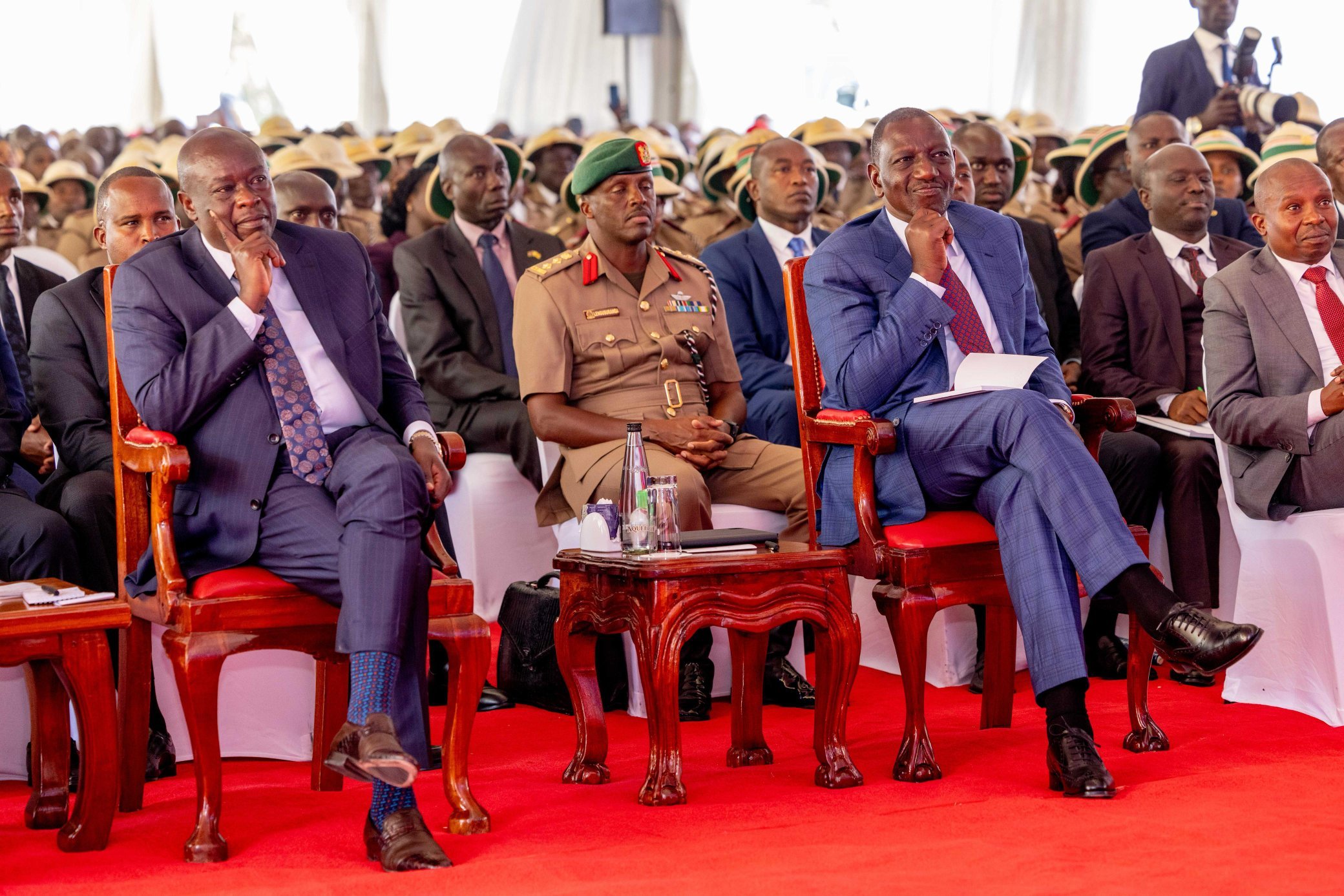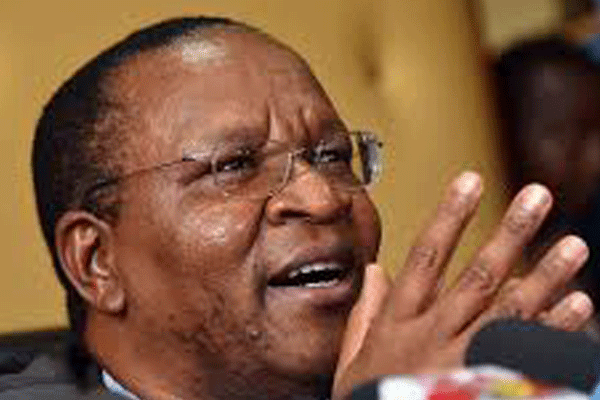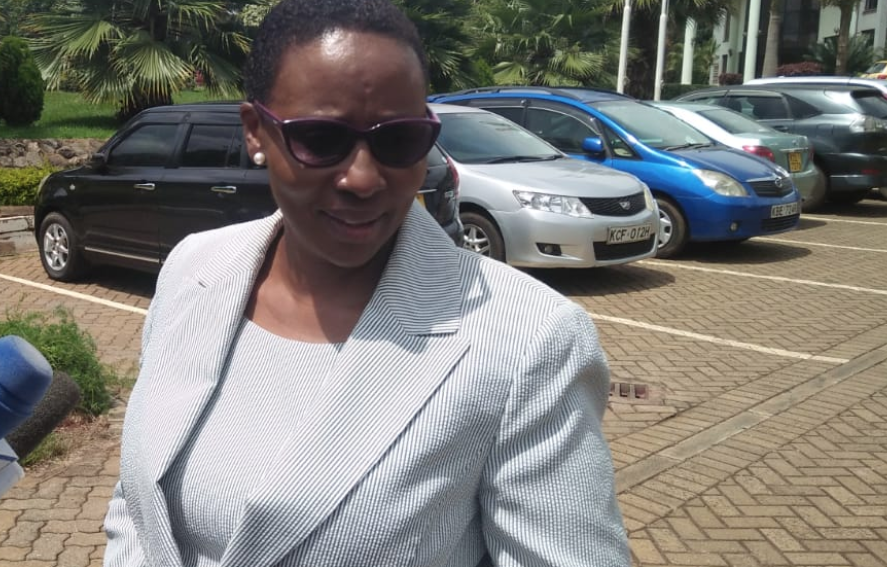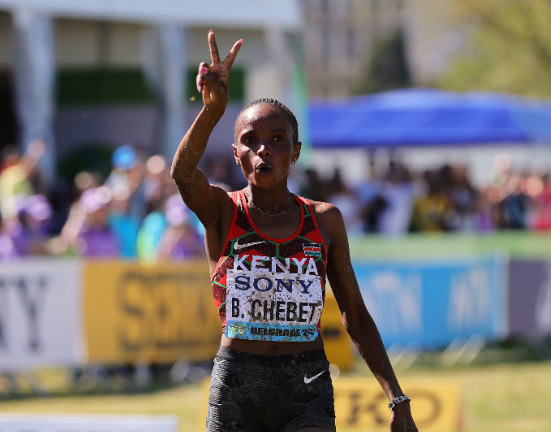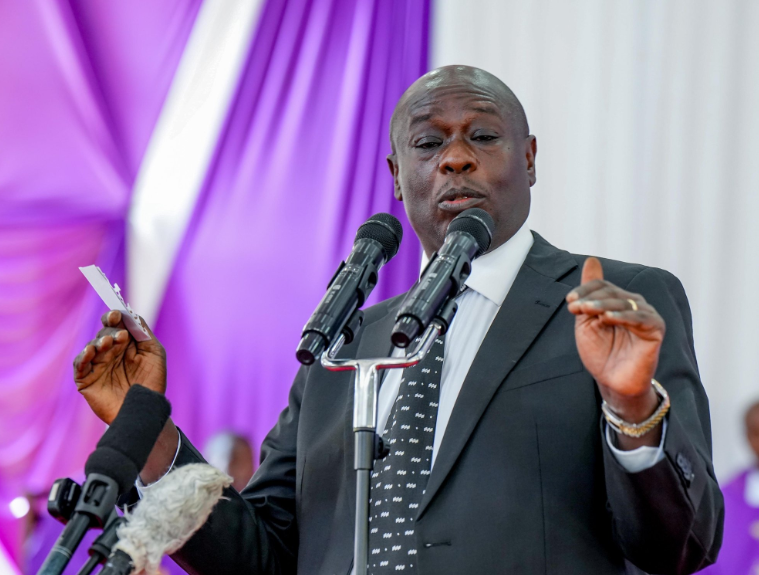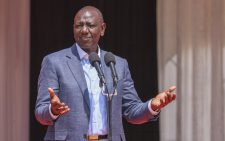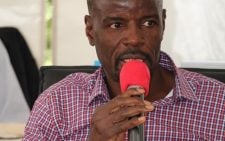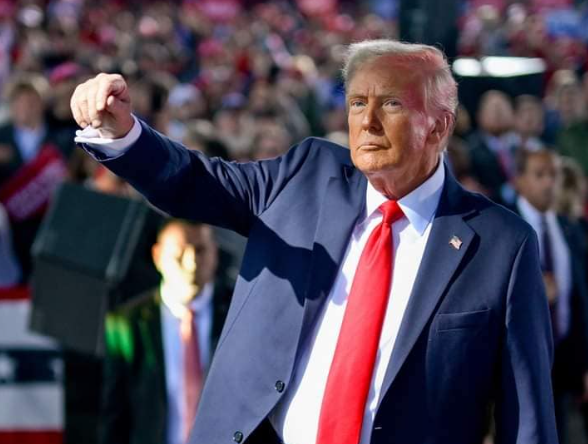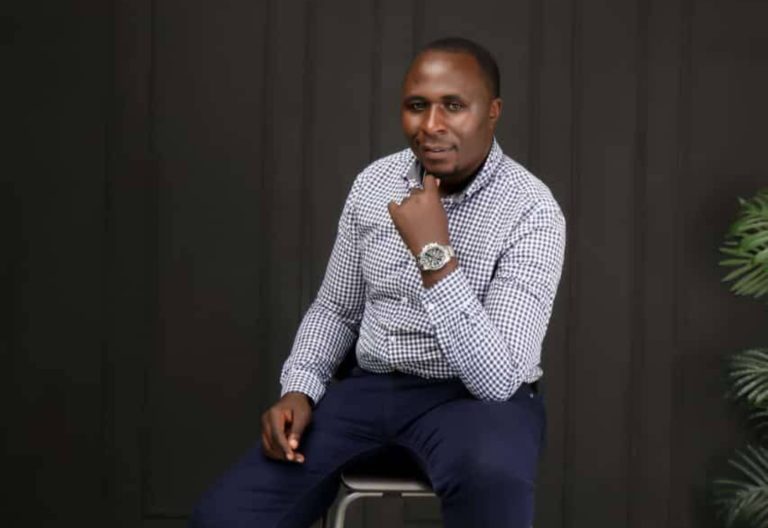Officers undergo training on poll-crime prosecution
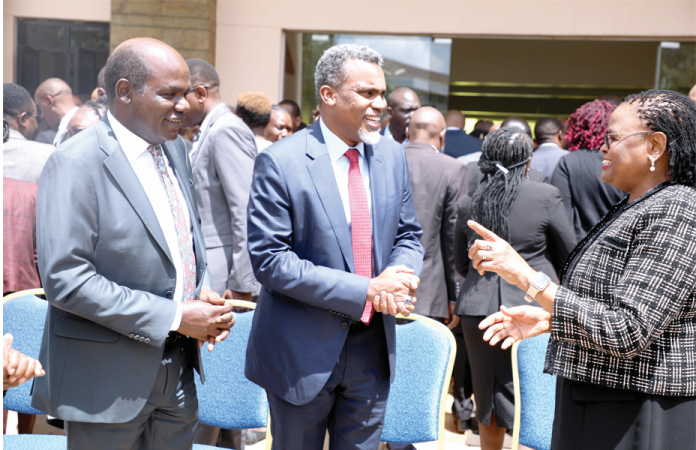
Over 100 prosecutors and stakeholders have started a one-week training on the prosecution of election offences and hate speech during this electioneering period.
The office of the Director of Public Prosecutions (ODPP) had last month launched Guidelines on Electoral Justice, which was yesterday followed up by the training at the Kenya School of Government, which will close on Saturday.
The guidelines are intended to standardise and ensure consistency in the prosecution of election-related offences, economic crimes committed in the context of elections, hate speech, sexual and gender-based violence, cybercrime and computer misuse.
Speaking during the launch yesterday, Communications Authority (CA) chief executive Ezra Chiloba said there were 40,000 polling stations and that they expected that the nature of offences may vary.
Chiloba said there was a need for relevant agencies to work together.
“No one succeeds alone. No one has all the answers. We will facilitate IEBC on the issue of network coverage for transmission of results,” he said.
Technical committee
Chiloba said CA had set up a technical committee that brings together members of the mobile network providers, electoral agency and CA to review and provide evidence-based advice on the extent of 3G and 4G network coverage across the country.
Chiloba revealed that 96 per cent of the population was covered by 3G and 4G networks compared to 78 per cent in 2017.
Witness Protection Agency CEO Alice Ondieki said witnesses who are intimidated, threatened or at risk due to the vital information they have will be protected.
Ondieki said her agency expects an upsurge in applications and that it has the requisite capability to adequately admit and provide special protection.
Judiciary should prioritise cases where witnesses are protected to limit the pressure the witnesses go through.
Chief Justice Martha Koome said fair, efficient and timely prosecution of election disputes is a crucial component of achieving a successful election process.
She said petitions were very expensive and reminded the returning officers to do their work according to the law. Koome said magistrates from the 120 special courts will also be trained so that they read from the same script.
Kenya National Commission on Human Rights boss Dr Bernard Mogesa said the commission had set up an election hub to collect evidence on election-related offences to ensure electoral justice and political accountability.
IEBC chairman Wafula Chebukati on the other hand noted that they were prepared and had formed a team of investigators, which was also boosted by officers from the Directorate of Criminal Investigations.
Unnecessary tension
DPP Noordin Haji said the development of the guidelines was due to an analysis of cases handled by ODPP in the last elections.
Haji said they had adopted principles of international criminal law such as the doctrine of command or superior responsibility that stipulates that a superior person can be held criminally responsible when their subordinates commit crimes.
He emphasised that effective and expeditious prosecution of such offences was necessary for quelling unnecessary tension.
She further urged the media to play a key role by accurate election reportage devoid of hate speech and subjective opinions.
After the launch of the Compendium, ODPP will embark on a countrywide sensitisation of various stakeholders including members of the public on the election and hate speech offences.
